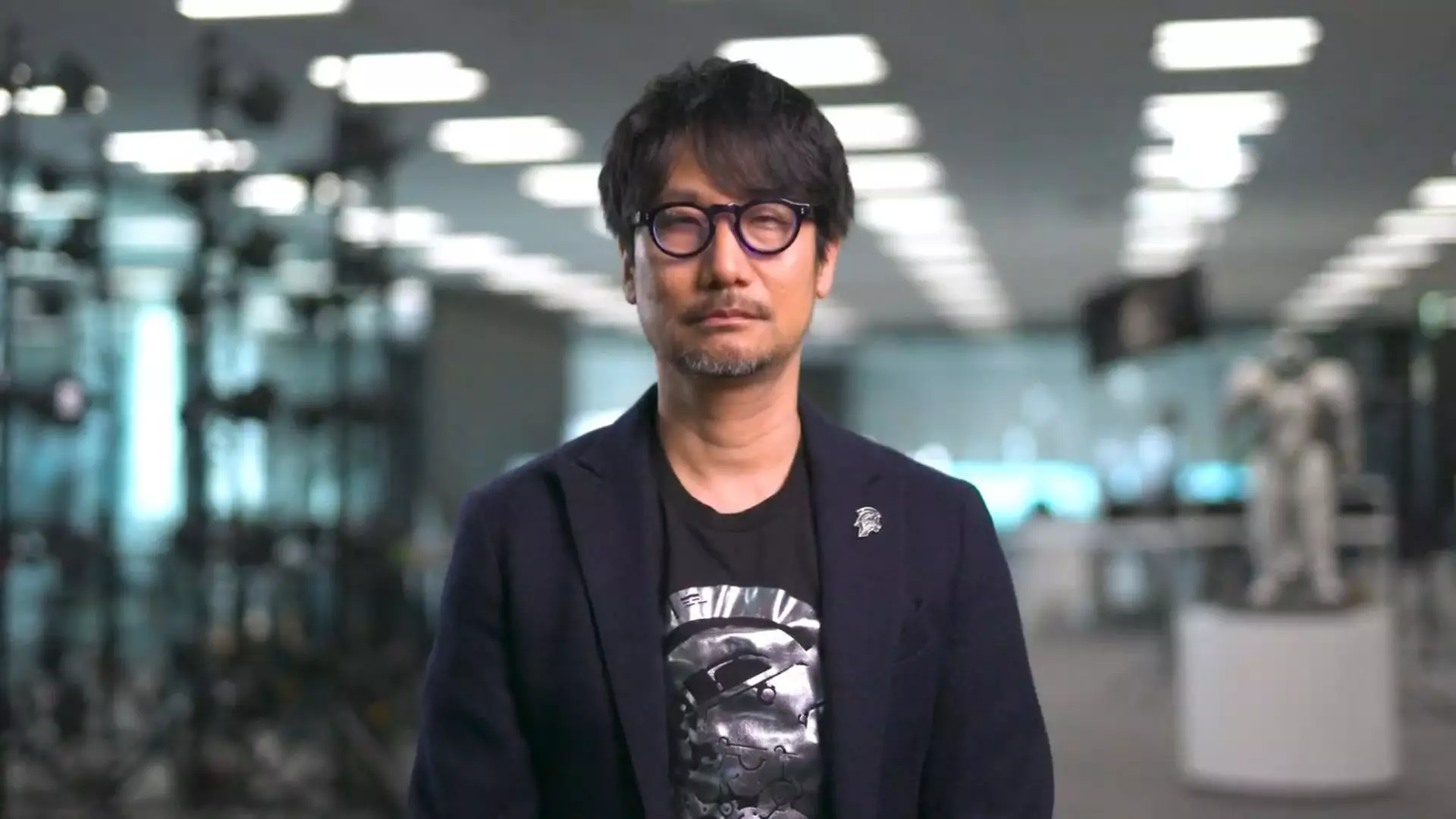In a surprising twist, Hideo Kojima, the mastermind behind the highly-acclaimed Death Stranding 2, exhibited a unique fusion of interests that transcends traditional gaming boundaries. As gamers worldwide indulged in the new landscapes of Mexico and Australia, Kojima was immersed in the visceral world of professional wrestling. Attending New Japan Pro Wrestling’s Death Pain Invitational, he witnessed firsthand the unrestrained creativity and storytelling that defines both mediums. This interaction hints at a burgeoning trend where gaming creators draw inspiration from the raw physicality and narrative depth synonymous with the squared circle.
The event saw El Desperado defend his title in an intense, high-stakes environment that captures the chaotic essence of wrestling—a stark contrast to the contemplative and sometimes melancholic tone of Death Stranding 2. Yet, this intersection invites a compelling conversation about how diverse cultural influences empower creators to innovate. Kojima’s appreciation for wrestling, particularly its dramatized brutality and character arcs, might offer insights into his storytelling framework. It’s exploitable fodder for a potential collaboration, blurring the lines between gaming and wrestling, where wrestlers could become playable heroes within interactive narratives.
Coping with Success: The Double-Edged Sword of Acclaim
While critical acclaim, with a Metacritic score positioning Death Stranding 2 as one of 2025’s premier games, has sent waves of excitement through the fandom, Kojima himself expressed reservations about the overwhelming positivity. His co-composer’s comments that the script underwent changes due to playtester enthusiasm highlight an artistic dilemma: can too much acclaim be stifling? For Kojima, a creator known for his unconventional storytelling and immersive environments, such pressure could hinder the innovative spirit that defines his work.
The juxtaposition of this creativity-crushing praise with the chaotic thrills of wrestling serves not only to reinforce the uniqueness of Kojima’s vision but also raises a broader question—how can creators preserve their artistic integrity in an era overtaken by viral trends and fandom expectations? This conundrum is exacerbated by the public nature of gaming culture; it thrives on dialogue and opinions that can lead to significant shifts in creative direction, often overshadowing the primal instinct that captures the hearts and minds of audiences.
The Call for a Kojima Wrestling Game
As discussions of inspiration mount, the prospect of Kojima delving into the world of wrestling games grows increasingly tantalizing. Imagine a wrestling title infused with Kojima’s distinctive narrative style—mesmerizing, often mind-bending plots interwoven with intense physicality. This could revolutionize not only wrestling games but engage fans of narrative-driven experiences, drawing parallels between the narrative arcs of wrestlers and characters found in his existing titles.
Suda51, a celebrated figure in the gaming industry who has dabbled in wrestling games, showcases precisely how this genre can serve as a canvas for storytelling. By tapping into the colorful personas and dramatic rivalries that populate wrestling, Kojima could create a uniquely immersive experience that resonates with both gamers and wrestling fans alike. It’s a bold move, one that could further redefine how gaming narratives unfold in the future.
In closing, Kojima’s attendance at a wrestling event while his game saw success is more than a mere coincidence. It marks the beginning of an era where gaming creators draw courage from the unconventional, opening new dialogues between the worlds of gaming and wrestling, poised to challenge and inspire future generations of storytellers.

